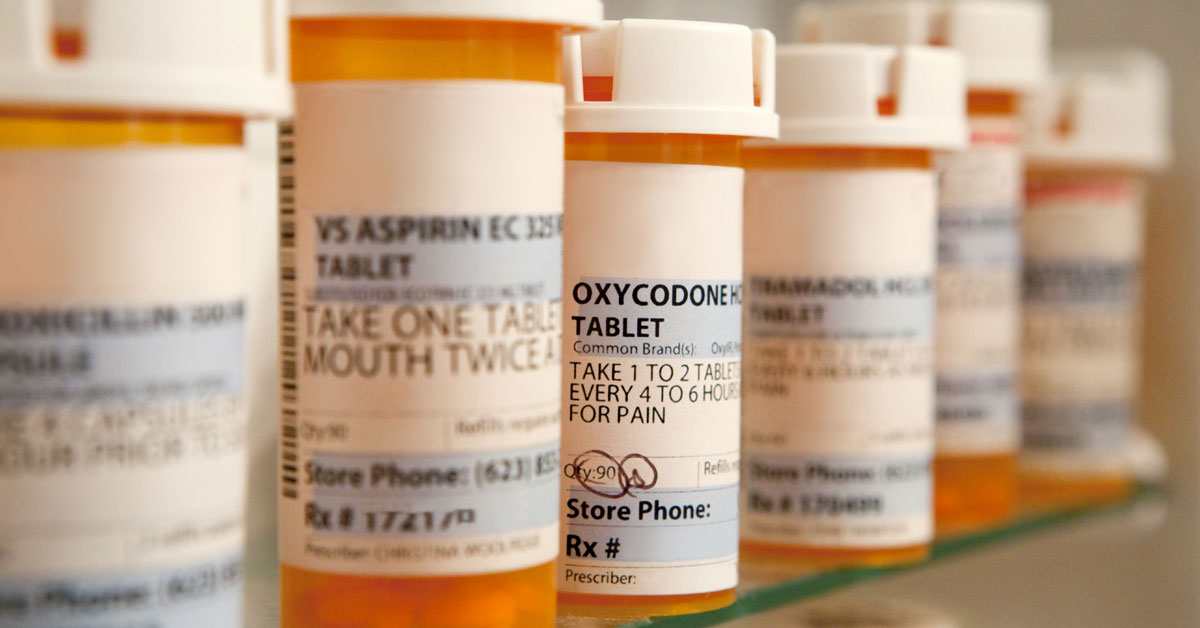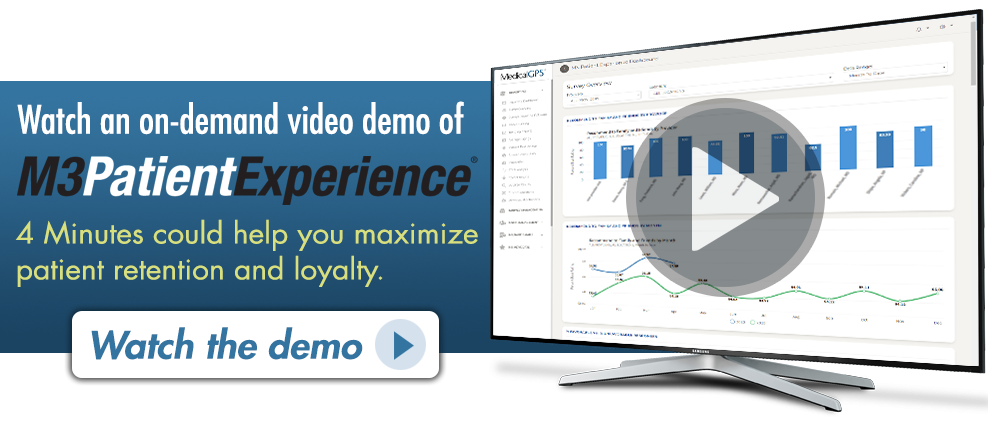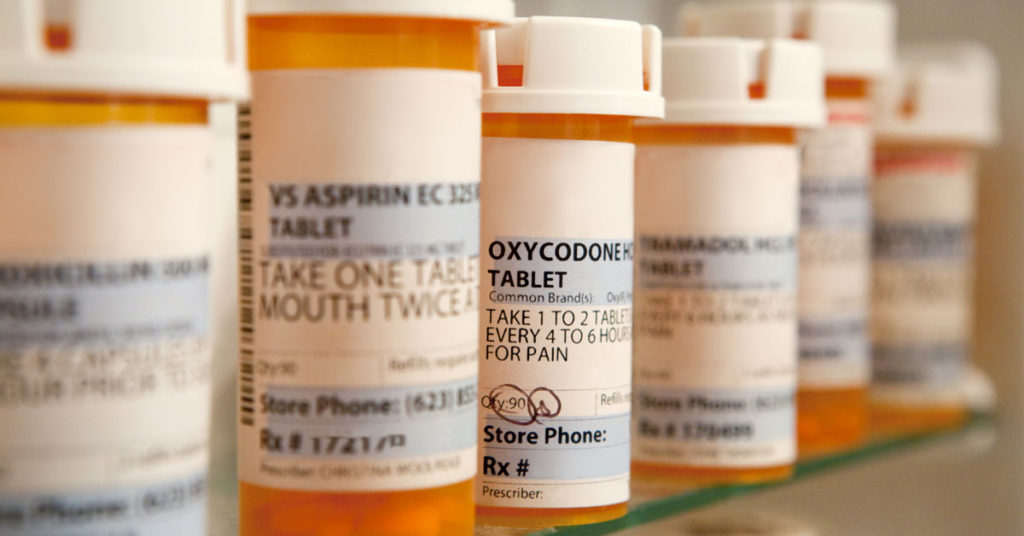 Patient non-adherence to medication and prescribed medical treatments is a widespread healthcare problem that negatively impacts outcomes and can lead to serious complications and even death. Lack of adherence progresses disease, decreases quality of life, and increases hospital admissions and healthcare costs.
Patient non-adherence to medication and prescribed medical treatments is a widespread healthcare problem that negatively impacts outcomes and can lead to serious complications and even death. Lack of adherence progresses disease, decreases quality of life, and increases hospital admissions and healthcare costs.
Reasons for Patient Non-Adherence
There are many reasons for a patient’s non-adherence including insufficient knowledge about the medication, complicated dosing schedules and regimens, cost, fear of adverse effects, and not accepting the necessity for treatment. A patient’s non-adherence is often a result of the fact that the patient is not experiencing any unpleasant symptoms. In fact, non-adherence rates are the highest when patients are symptom-free. Another chief reason for non-adherence is forgetfulness. Results from one study indicated that nearly 50% of patients said simply forgetting was the cause for non-intentional lack of adherence.
Improving Adherence through Patient Education
Patients, providers, nurses, and health care systems all have a significant role in improving medication adherence. One of the most effective approaches is through patient education. The use of educational materials and brochures can be efficient and helpful for both patients and medical staff. Compliance aids, medication charts, medication calendars, and medication information sheets are all tools that can help with improving patient adherence. Utilizing pre-written instructions for common treatments not only save time but are very helpful to patients who may understand, but forget once they get home. Shortening the time in between office visits may also help to improve adherence. Other considerations for forgetful patients are email reminders and text messaging. For patients who are fearful or non-accepting, a clear explanation and often counseling may be needed with the “what, why, when, how and how long.” Finally, involving a patient’s family and caregivers in their treatment plan can provide support and combat non-adherence.
Nursing staff can have a significant impact on patient education and improving adherence. Nurses usually spend the most time with patients answering questions and can assist with educating them on medications, nutrition, weight loss (when needed), and diet.
Measuring Patient Adherence
There are various methods for measuring patient adherence including observed therapy, pill counts and rates of prescription refills, a patient’s clinical response, self-reports, and patient questionnaires. Each of these methods has their own advantages, and it is up to the provider and medical staff to determine what is most effective for the patient.
For medical practices utilizing M3-Patient Experience®, MedicalGPS’ real-time patient feedback system, M3 has a built-in option for practices to have up to five (5) custom questions. Those questions may be medication-adherence oriented as needed. Because M3-Patient Experience allows for every patient to be followed up with, after every office visit, using M3 to help improve patient medication adherence can be a real benefit.

References:
- https://www.ncbi.nlm.nih.gov/pmc/articles/PMC3191684/
- http://www.medscape.com/viewarticle/846427_3
- https://www.ncbi.nlm.nih.gov/pmc/articles/PMC1681370/
The CAHPS name is a registered trademark of the Federal Agency for Healthcare Research and Quality

